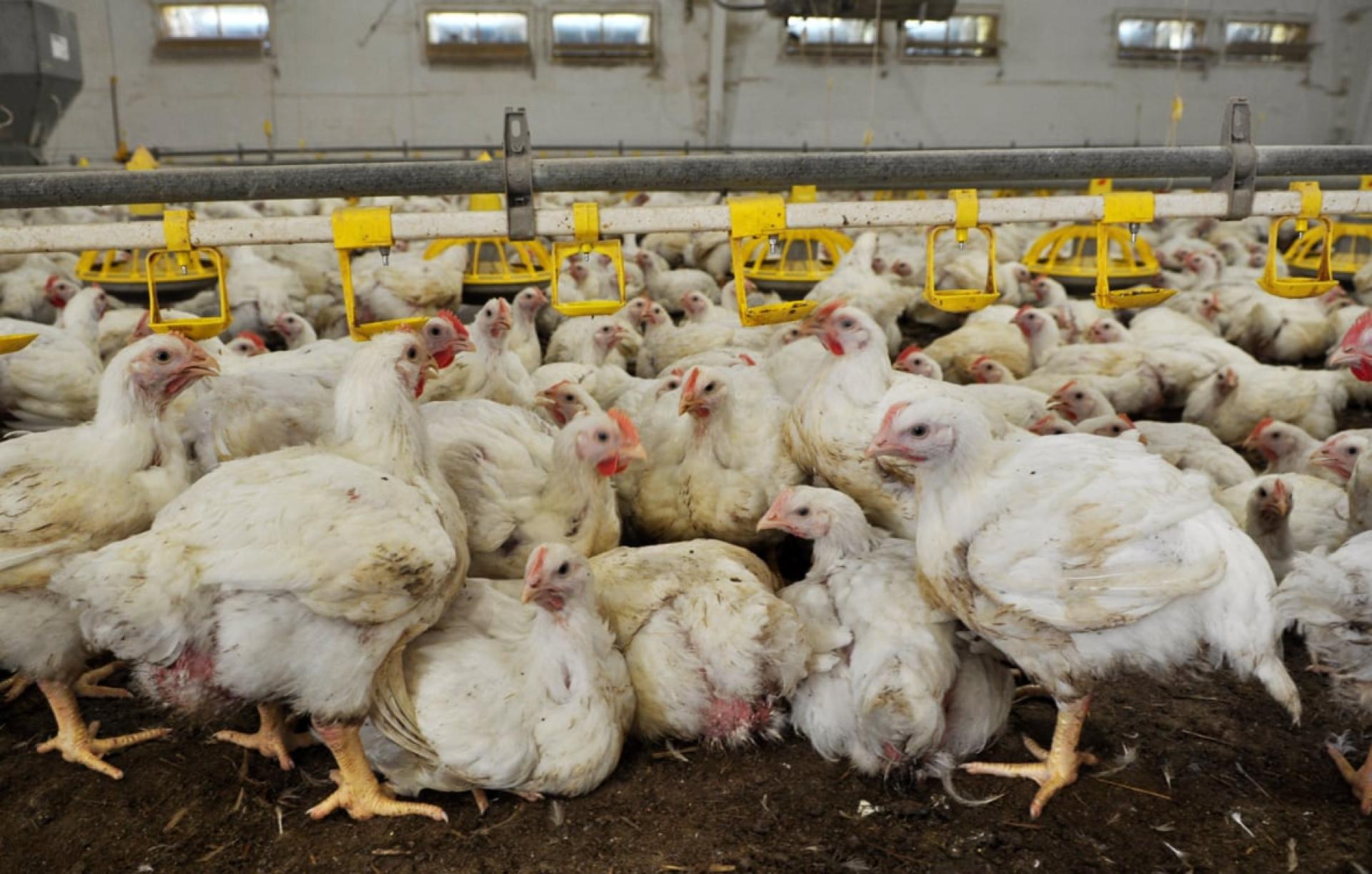A globally unprecedented case of human infection with avian influenza H5N5 has been reported in Washington State, USA. One resident has been confirmed to be infected with H5N5. Previously, this subtype virus had only been found in animals such as wild birds and poultry, and there had never been a human case. Experts point out that this again highlights the "unpredictability" of viral evolution.
According to a compilation of U.S. media reports, the identity of the patient has not been disclosed; the individual has suffered from "long-term" and "underlying health conditions." Officials stated that in early November, the patient was hospitalized due to high fever, confusion, and severe respiratory distress. At present, the patient is in "serious" condition and is receiving specialized care at a hospital in Seattle.
The patient was initially treated in Grays Harbor County on the southwest coast of Washington State. Laboratory tests confirmed infection with the H5N5 virus.
Although the route of infection is still under investigation, officials are focusing on exposure to poultry and birds. The patient keeps mixed breeds of backyard poultry at home and was in contact with wild birds prior to infection. Reportedly, two birds from his flock died of an unknown disease several weeks before. Health officials speculate that domestic poultry or wild birds are the "most likely" sources of viral exposure.
Not a New Virus—No Evidence of Human-to-Human Transmission
Dr. Lipton, public health veterinarian for Washington State, emphasized that although this is the first time H5N5 has been found in a human, it is "not a new virus strain or entirely new virus."
Both local authorities and the U.S. Centers for Disease Control and Prevention (CDC) have assured the public that the risk remains very low. Currently, there is no evidence of human-to-human transmission, and all individuals who have had contact with the patient have tested negative for symptoms.
Historically, almost all reported human avian influenza infections worldwide have involved the H5N1 strain. Human transmission of H5N1 is also more common (though still rare) in the United States; since the outbreak in 2022, the virus has continued to circulate among wild birds, poultry, and even dairy cows, and has occasionally been transmitted to humans.
Since January 2022, the United States has recorded 71 human cases of H5 avian influenza, including one fatality in Louisiana. Most cases have exhibited mild symptoms.
While there is currently no evidence that H5N5 is more transmissible or more pathogenic in humans than H5N1, experts believe that differences in the surface proteins of the two strains, as well as this recent documented human case, serve as a reminder of the "unpredictability" of avian influenza virus evolution and the need for heightened vigilance.
